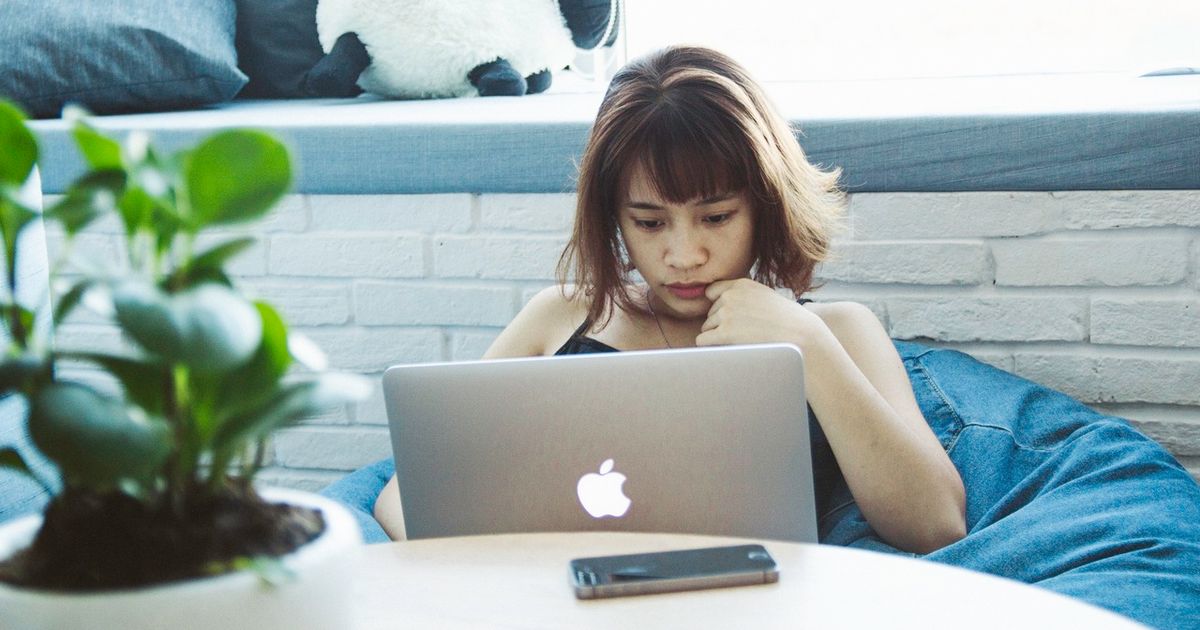How Social Media Affects Body Image
In recent years, the advent of social media platforms and the pervasive use of smart devices has dramatically changed how we relate to one another. Many of these changes seem to be for the best, as it is now possible to cheaply and quickly communicate with our friends and family across any distance, enabling everyone to keep in touch in ways that were previously not possible.
Social media also enables us to connect with individuals many never had the opportunity to get to know in the past. At the same time, there have been serious concerns raised about the effects of heavy social media usage, especially on developing children.
Selfies

One of the central worries parents have drawn attention to is the way in which social media negatively affects children's body image. This problem impacts both boys and girls, though it is especially acute for young girls. One of the norms that has sprung up in recent years is the regular posting of selfies on social media platforms. It has become increasingly common to take pictures of oneself working out, preparing food, hanging out with friends, or working on assignments for school.
Taking selfies has become one of the most popular ways for individuals to share their experiences online, and on its own can be perfectly benign. However, with the widespread desire to fit in with their peers, some individuals can feel like an outsider if they do not participate in the practice. Thus, this new norm winds up putting tremendous pressure on young boys and girls to conform and post their own selfies to their profiles, which is where problems begin to arise.
Likes, Comments, And Followers

Part of the way social media users evaluate their social status is by looking at their number of likes, comments, and followers. Posts with more or fewer likes are seen as being more or less valuable accordingly, and from here it is only a small step to someone valuing themselves based on whether their posts get more or less likes. This ratchets up the pressure to post personal images on social media websites, in the hopes of seeking validation from peers.
For those users who don't receive that validation, the effects on their self-confidence can be devastating. When children, especially girls, don't receive many likes for their pictures, they may start to assume this is due to their failure to live up to the standards of beauty held by their peers. The facts illustrate the seriousness of this dynamic. A recent survey from Common Sense Media found twenty-two percent of girls reported feeling bad about themselves if their photos are ignored, twenty-seven percent reported feeling stress about their appearance in online photos, and thirty-five percent expressed worries about getting tagged in unattractive pictures.
